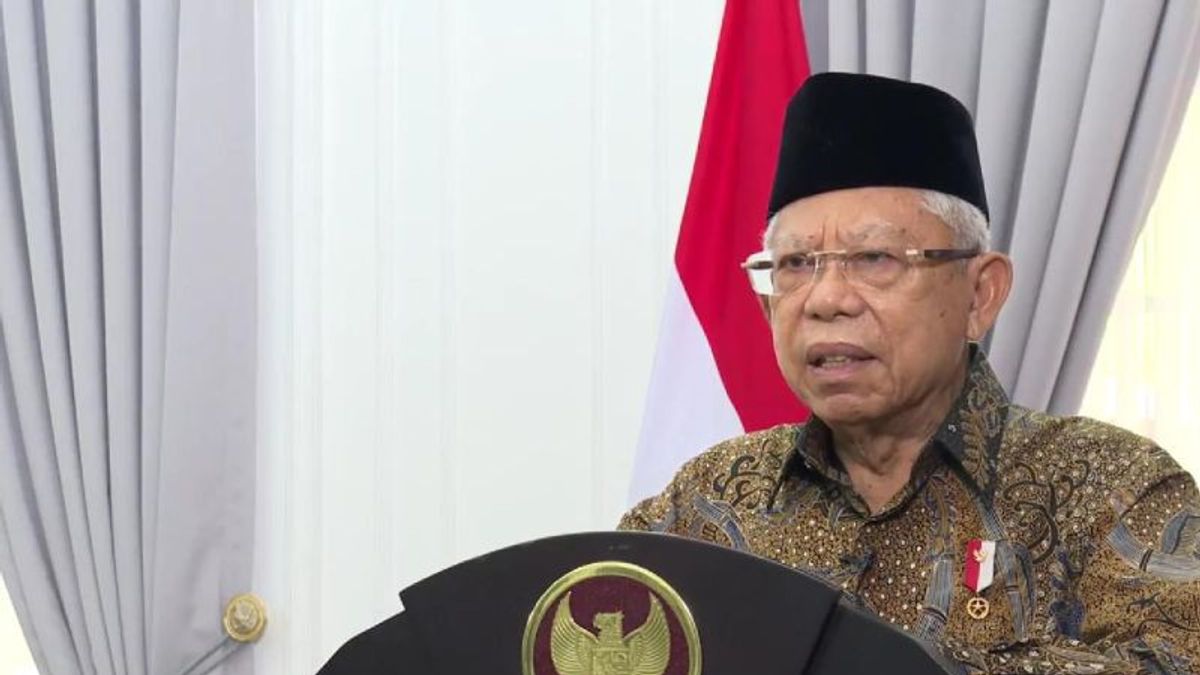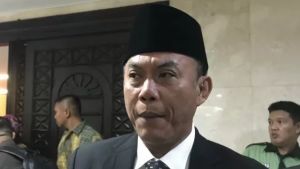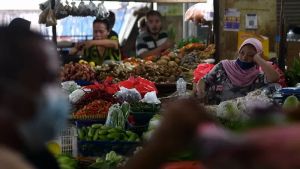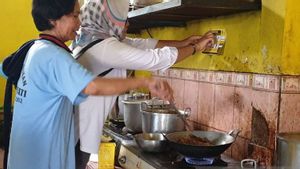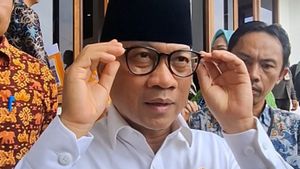JAKARTA - Vice President (Wapres) Ma'ruf Amin said the long-term commitment is needed, both from the government and citizens, to create a healthy city.
"This means that a continuous commitment and process is needed to create and continue to improve the physical and social environment of the city, which allows residents to support each other in all aspects of life and develop their best potential," said the Vice President, opening a virtual Summit of Healthy Indonesian Districts/Cities 2022 in Jakarta, Monday, March 28.
The Vice President reminded that a healthy city is not only defined by status but by awareness and continuous efforts to improve various city health arrangements. This arrangement includes residential areas, public facilities and infrastructure, healthy and independent community life, food and nutrition security, and healthy social life.
In Indonesia, according to data from the Central Statistics Agency (BPS) there are 56.7 percent of the population living in urban areas in 2020. This figure is expected to continue to increase to 66.6 percent in 2035.
Meanwhile, the World Bank also estimates that as many as 220 million Indonesians will live in urban areas by 2045.
"So, building a healthy city is a must. A healthy city does not only rely on infrastructure, but also on economic, cultural, social, and humanitarian aspects," said the Vice President, as reported by Antara.
The vice president said that Indonesia did not want to be left behind in realizing healthy cities through the Regency and Healthy Cities program, namely with clean, comfortable, safe, and healthy regency and city parameters for residents to live in according to the guidelines of the Ministry of Health and the Ministry of Home Affairs since 2005.
"Especially at this time when we are heading to the transition period of the COVID-19 pandemic. We are getting lessons about how a strong and responsive health service system must be built and how clean and healthy living behavior must be accustomed," said the Vice President.
SEE ALSO:
The big vision of developing healthy districts and cities, according to the Vice President, also requires multi-sectoral support, namely groups of the business world, academics, non-governmental organizations, and the media, known as the "pentahelix" partnership.
"I hope that with one joint movement, all targets related to urban health development can be achieved at the district and city levels independently and sustainably," said the vice president.
The English, Chinese, Japanese, Arabic, and French versions are automatically generated by the AI. So there may still be inaccuracies in translating, please always see Indonesian as our main language. (system supported by DigitalSiber.id)
